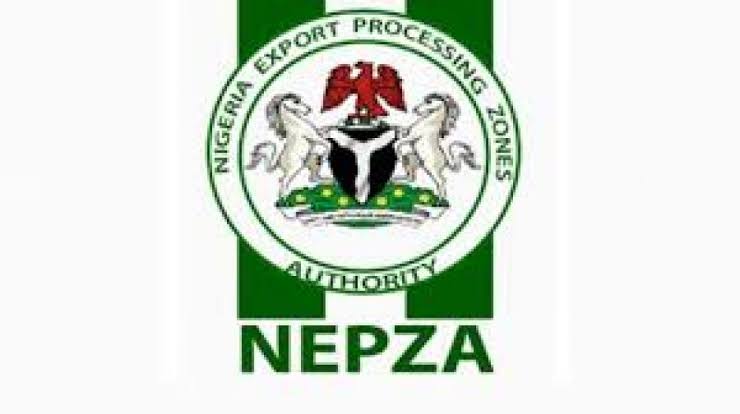FG, World Bank partner to train technical teachers on innovative skills
By Favour Nnabugwu
The Federal Government and the World Bank have collaborated to improve the knowledge of teachers in the federal technical colleges in the country with the 21st century skills that will digitilise the students.
Permanent Secretary, Ministry of Education, Mr. Andrew David Adejo disclosed this while declaring open a workshop on the development of a Structure for the in-service training of Technical and Vocational Education and Training (TVET) teachers and instructors on Wednesday in Abuja.
Adejo, who was represented by the Director of Technology and Science Education, Mrs. Grace Jakko, said there is the utmost importance to strengthen the technical schools with the aim to increase the availability of competent and motivated technical teachers and instructors.
He explained that the workshop come on the heels of the realisation that the 21st century presents a radically different economy and society, which is having profound implications generally on education and more specifically on skills development in Technical and Vocational Education.
He said that the skills development system in Nigeria must therefore, adapt to the emerging trends of globalisation for economic viability especially in our relevant skills for the formal and informal sectors of the economy.
According to him, “All the federal technical teachers in the 27 technical schools across the federation will be trained and captured in this component and the five states that are participating in the IDEAS Project, each of the state has three technical colleges and all the teachers in these technical colleges will be captured.
“I’m very certain that we except so much from the teachers, the administrators and the project implementors.”
National Project Coordinator, IDEAS Project, Blessing Ehi Ogwu said the purpose of the project is to development a comprehensive structure for training technical teachers in Nigeria.
Mrs. Ogwu expressed confidence that collective knowledge and expertise of the participants will help create a framework that can effectively prepare technical teachers to meet the challenges of the future.
She also disclosed that they target to equip about 5000 people with technical skills to meet up with the market demand, adding that technical education plays a crucial role in shaping the future of our society.
She said it’s imperative that we have well-trained teachers who can effectively impart technical knowledge to our students.
She, however, noted that designing an effective training program for technical teachers is not an easy task, saying it requires careful planning, coordination and collaboration among various stakeholders.
On her part, a World Bank consultant, Dr Mistura Rufai, disclosed that the entire IDEAS Project is about $200 million and that teachers training is one of the components of that project with about $25 million to $30 million will be spent on training teachers in Nigeria.
Dr Rufai however said though the teachers training has not started but they want to put in place some structure to ensure that when they start, they kickoff the training this year.
The project is for TVET teachers in Nigeria wether it’s being implemented in the state or not, it’s going to cover all the six geopolitical zones, all the states in the country.
“Already we have 38 technical colleges that have been equipped with workshops across the country this is one of the things we are going to leverage on.
“These schools are going to be used as training centres for teachers, we are also looking at boosting the capacity of tertiary institutions that are already providing training for teachers, look at how we can up skill and digitalize their training. There is also plan to up skilled these tertiary institutions providing training to teachers.
“We work with the institution to ensure that the equipment they are getting are 21st century equipment that are market relevant.”
The World Bank consultant said that they wanted the teachers to be trained with the skill demand in the market so that when the students graduatee with their skills for them to be market relevant and provide the skills that the market wants.”
Ben Akpan, a facilitator at the workshop, said the essence of the world bank is to enable the federal government to take ownership of the project so they would have acquired the know-how and continue the project.



